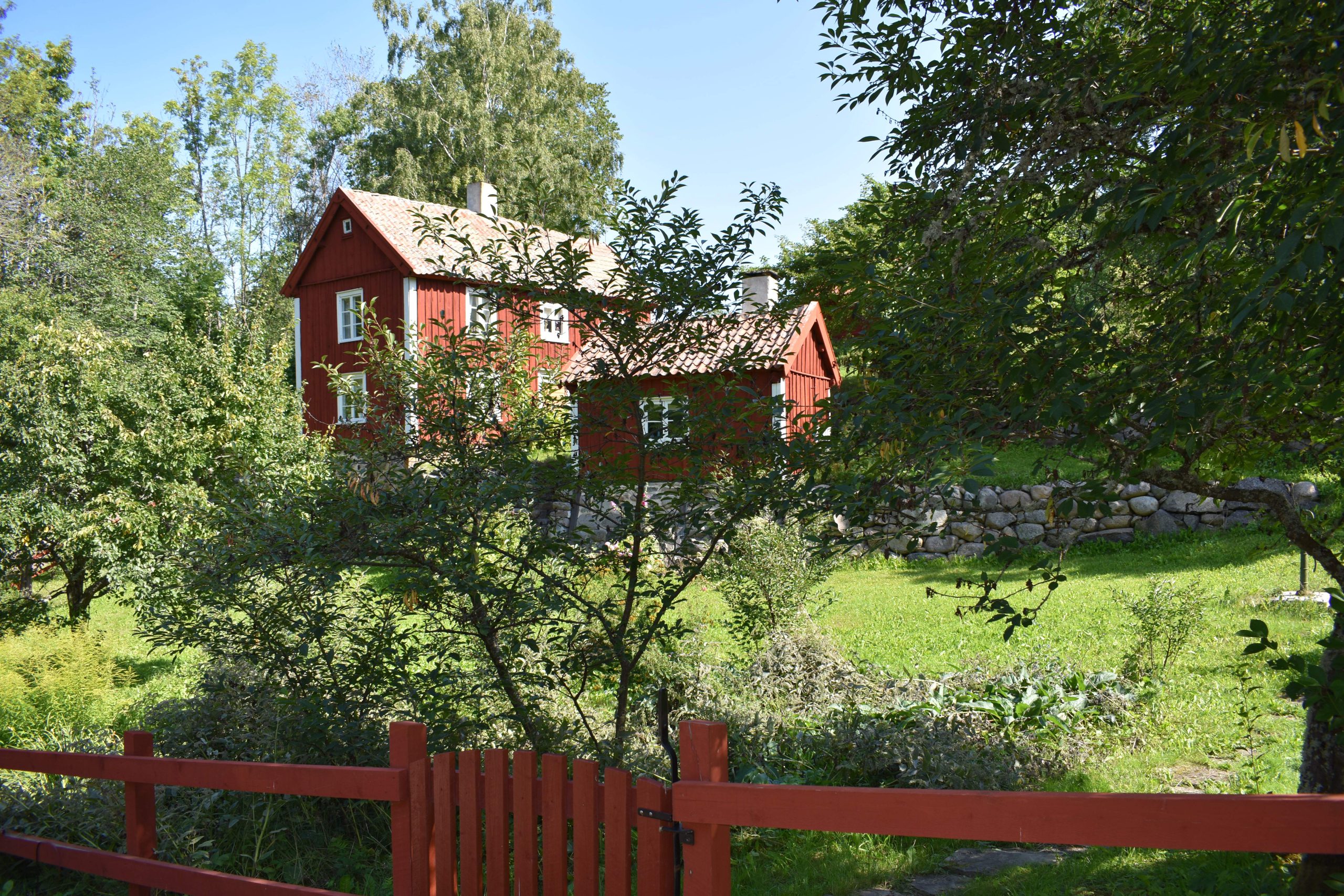Are you considering relocating abroad and turning a new page in your career? Sweden might offer just what you’re looking for. It’s a country with incredible benefits for both workers and citizens, Swedes and non-Swedes alike. It’s ideal for families, as Scandinavian educational systems are considered among the best in Europe.
Relocating abroad for work can be an excellent opportunity for your professional career, but it can also be an anxiety-inducing experience, like any major life change.
So before you pack your bags for this developed and friendly country in the European Union, here are some things you should know about Sweden.
First and foremost, the personnummer, or personal identity number, is essential. It’s necessary for getting paid by your employer, opening a bank account, receiving healthcare services, and essentially used for everyday official tasks and transactions.
Learn Swedish! While Swedes are excellent English speakers, learning Swedish will help you integrate better into Swedish culture. Once you obtain your personal number (personnummer), you can enroll in free Swedish classes organized by the government program Swedish for Immigrants (SFI).
While Sweden does have high taxes, it offers many benefits and allowances to its citizens. Among others, these include healthcare, unemployment insurance, pension support, and education.
It’s a country where cash is rarely used. Yes, you read that right. The majority of citizens use credit cards almost everywhere, while only a few shops accept cash.
Jantelagen. This particular cultural code essentially means that no one is better than anyone else. For example, while in many countries high income is a symbol of recognition and success, in Sweden, people don’t flaunt their wealth.
Sweden is known for having the best parental leave policy in Europe. Parents get a total of 480 days – 240 days each – and in the case of single-parent families, the parent gets the right to take all 480 days! For the first 390 days, parents are paid 80% of their salary, while for the remaining days, they receive the basic salary.
Regarding families, the government insurance agency pays your salary if you need to stay home because your child is sick. You have this right until the child turns 12!
A crucial issue to consider is finding accommodation. Start looking for housing long before you move, especially if you plan to live in Stockholm or other major cities in Sweden.
Gender equality in the workplace. Sweden has largely ensured that women and men receive equal treatment in the workplace. In fact, gender discrimination in the workplace has been illegal since 1980. In cases where this doesn’t happen, employees can turn to a state agency that protects equal rights.
Fika. With this word, Swedes describe a short break for coffee and cinnamon buns (kanelbullar). Fika is a prime opportunity for socializing as it’s the Swedes’ break during work hours and a way to invite someone over to your home.
Equally important is not being late for your appointments, whether it’s a job interview or a friendly meeting and Fika.
Winter might be a bit darker due to limited sunlight compared to Southern Europe, but summer will reward you! The long daylight hours with mild temperatures last from May to August, offering opportunities for exercise, swimming, excursions, and evenings in the squares and numerous restaurants even on weekdays after work!
July is the month of vacations for Swedes. Many businesses close, and it’s perfectly normal to take four to five weeks off during this period.
Bicycles are part of Swedes’ daily lives. In fact, Sweden is one of the top ten countries in the world with the highest number of bicycles per capita. Why take public transportation when you can go – almost – anywhere with your bike and get some exercise in?
Swedes love nature and never miss a chance to enjoy it. Of course, they never forget their litter outdoors. Let’s not forget that Sweden is a pioneer in recycling. It recycles 99% of its waste, with less than 1% ending up in landfills. Almost all of the country’s non-recycled waste is burned to produce electricity and heat, thus contributing to environmental protection.
